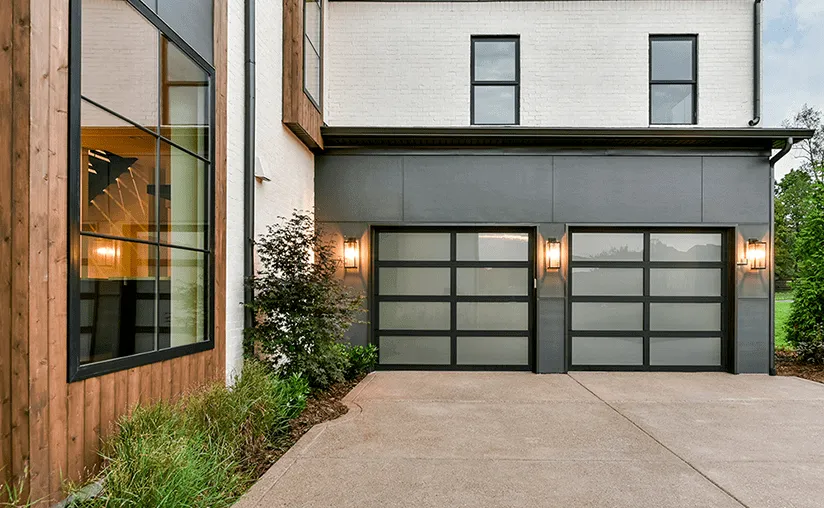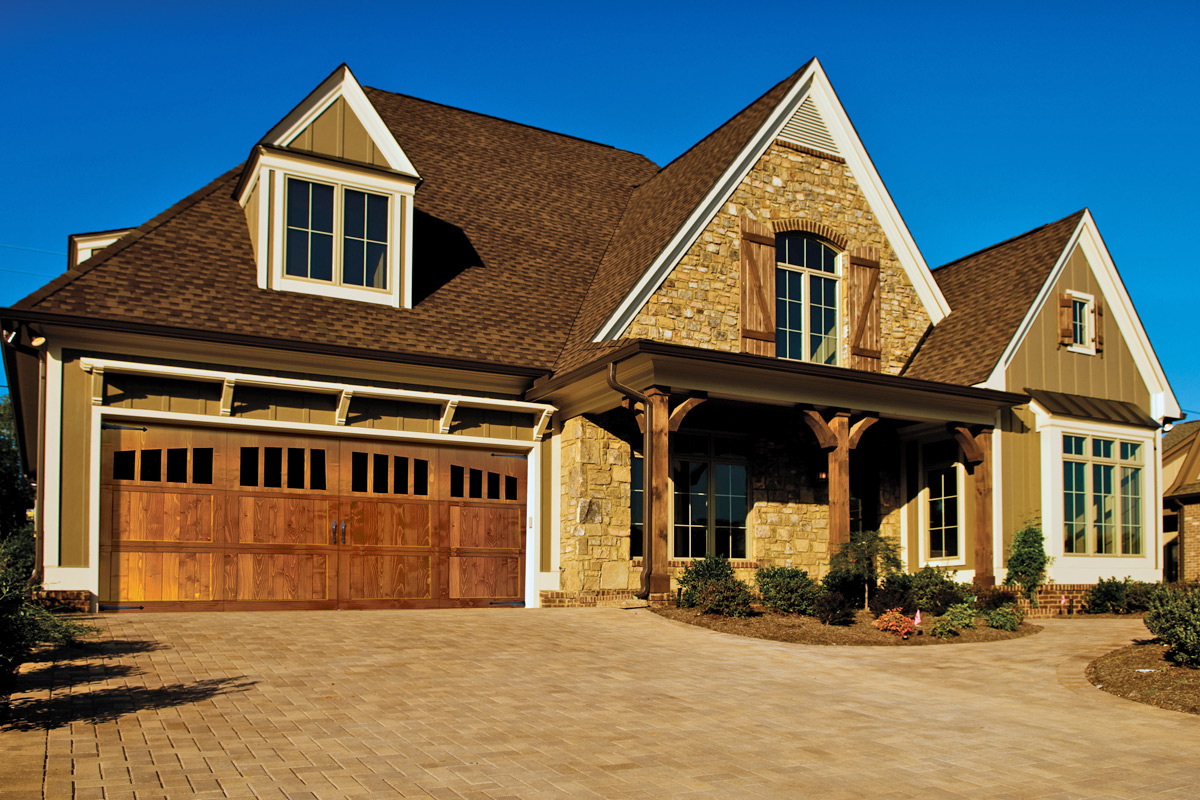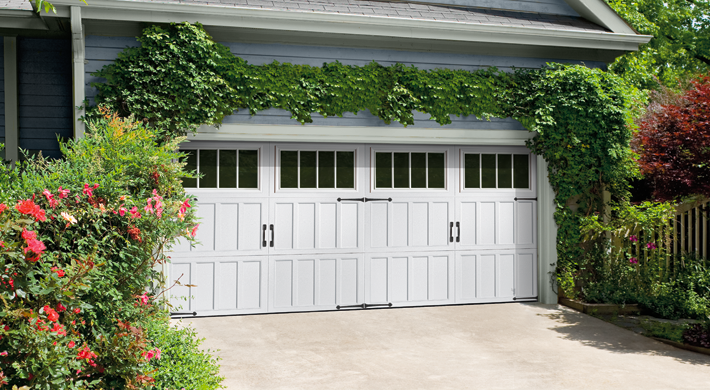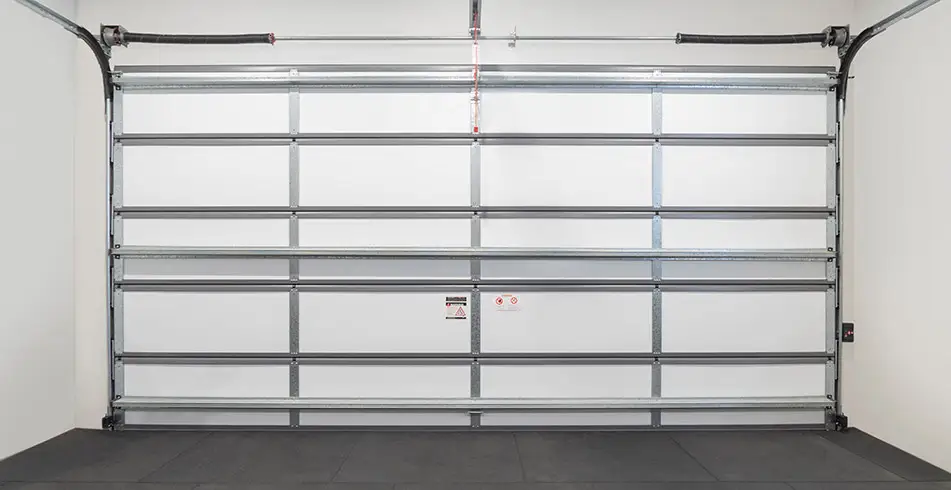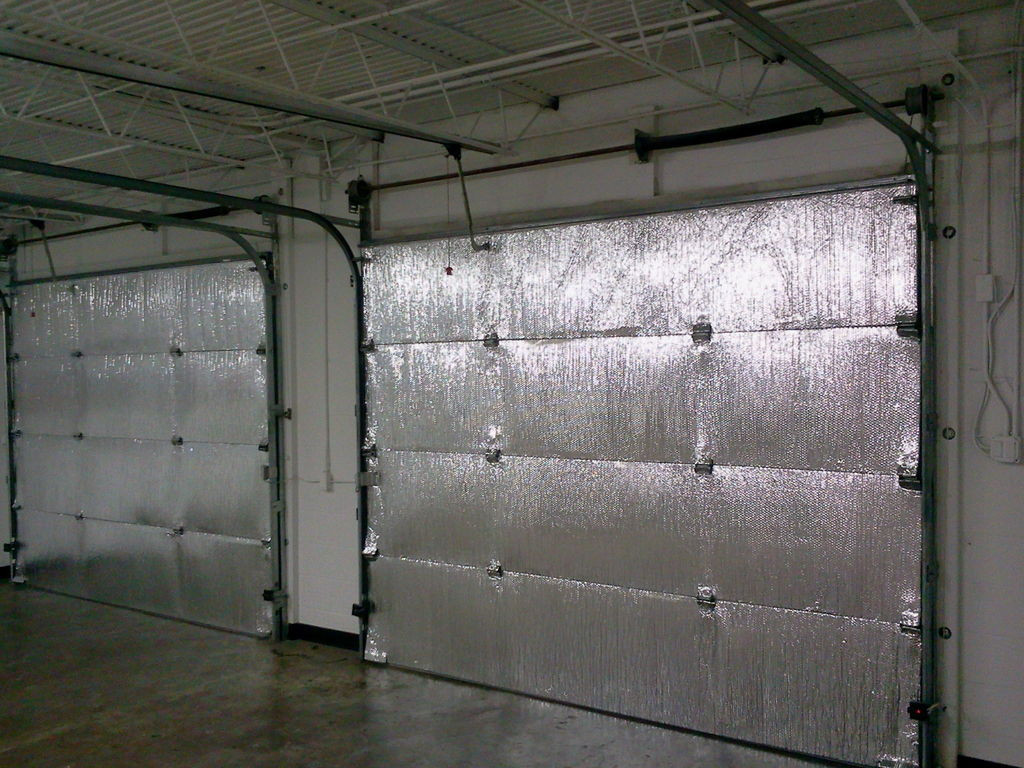Choosing the right horsepower (HP) for your garage door opener can be a bit confusing, especially with various options available in the market. For homeowners, this decision is crucial as it impacts the efficiency, durability, and convenience of accessing your garage. Let’s dive into the main factors and recommendations for selecting the ideal HP for your garage door opener.
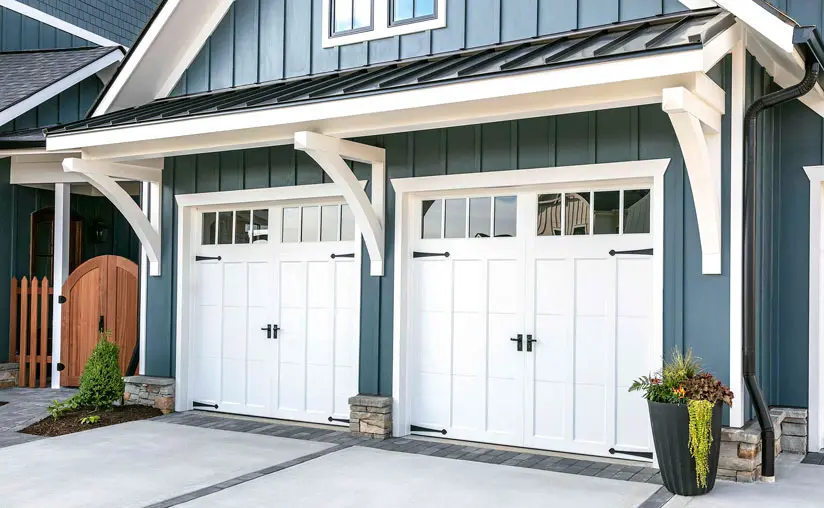
Introduction
The garage door opener is an integral part of any home, ensuring the easy opening and closing of the garage door with minimal effort. With advancements in technology, garage door openers have become more reliable, secure, and user-friendly. However, the question remains: What HP Garage Door Opener Do I Need?
Understanding HP in Garage Door Openers
What Does HP Stand For?
HP stands for horsepower, which is the measure of the power output of the motor inside your garage door opener. Higher HP means more power to lift heavier doors.
Importance of Choosing the Right HP
Choosing the right HP is essential for the functionality and longevity of your garage door opener. A motor that’s too weak may struggle, leading to quicker wear and tear. On the other hand, an overly powerful motor could be unnecessary and costlier.
Types of Garage Door Openers Based on HP
1/2 HP Garage Door Openers
Perfect for standard single garage doors made of light materials such as aluminum. They are the most common and economical choice for many homeowners.
3/4 HP Garage Door Openers
Suitable for heavier single garage doors or standard double garage doors. They provide more power and can handle frequent usage.
1 HP Garage Door Openers
Ideal for heavy wooden or insulated double garage doors. They offer maximum power, ensuring reliable and efficient operation.
Factors to Consider When Choosing HP
Weight of the Garage Door
The weight of your garage door is the primary factor in determining the HP needed. Heavier doors require more powerful motors.
Garage Door Material
Different materials affect the weight and durability of the door, thus impacting the choice of HP. For example, a wooden door is heavier than an aluminum one.
Frequency of Use
If your garage door is used frequently, opting for a higher HP motor can ensure longevity and reduced maintenance.
Installation and Maintenance Tips
The installation process and regular maintenance are critical for the efficient operation of your garage door opener. Refer to our guide on programming your garage door opener.
Professional Installation
For optimal performance, consider getting professional installation. This ensures that the opener is correctly set up and tuned to your specific garage door.
Regular Maintenance
Regular maintenance can significantly extend the lifespan of your garage door opener. See our article on the importance of maintenance.
Benefits of Upgrading Your Garage Door Opener
Upgrading your garage door opener to a model with the appropriate HP can provide numerous benefits:
- Improved Efficiency
- Enhanced Security Features
- Quieter Operation
- Compatibility with Smart Home Technology
Future Trends in Garage Door Opener Technology
Integration with Smart Home Systems
Modern garage door openers are now compatible with smart home s ystems, allowing for remote operation and monitoring through smartphones and other devices.
ystems, allowing for remote operation and monitoring through smartphones and other devices.
Sustainable and Energy-Efficient Models
There is a growing trend towards energy-efficient garage door openers that consume less power and contribute to reducing your home’s carbon footprint.
FAQs
What HP Garage Door Opener Do I Need for a Heavy Door?
For heavy doors, especially wooden or insulated double garage doors, a 1 HP garage door opener is recommended.
Can I Install a Garage Door Opener Myself?
While DIY installation is possible, its often beneficial to get professional installation to ensure optimal performance and safety.
How Often Should I Maintain My Garage Door Opener?
Regular maintenance should be conducted at least bi-annually to keep your garage door opener in good working condition. Check out our garage door problems guide for more tips.
For more detailed information on garage door safety and maintenance, visit StaySafe.





